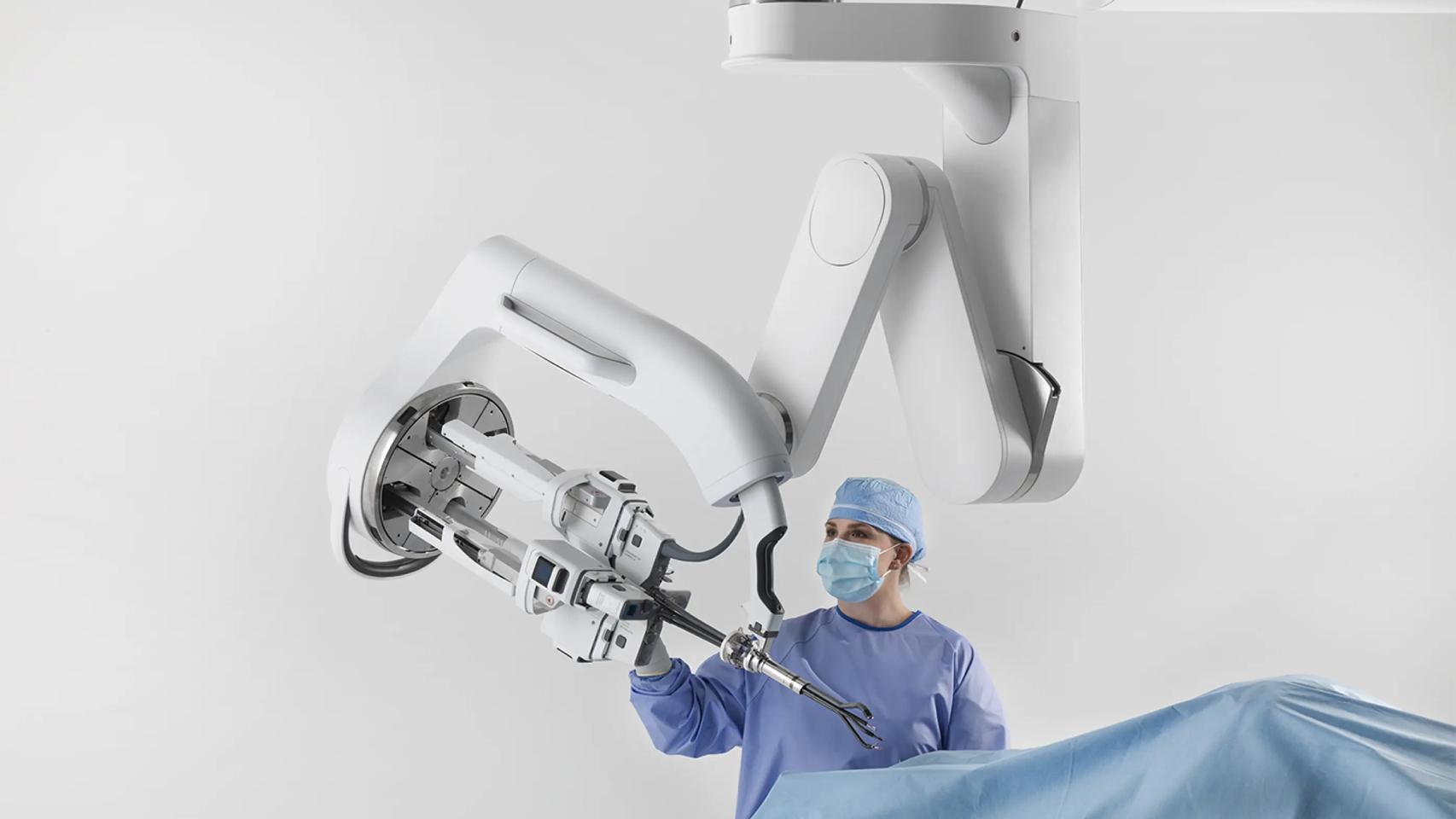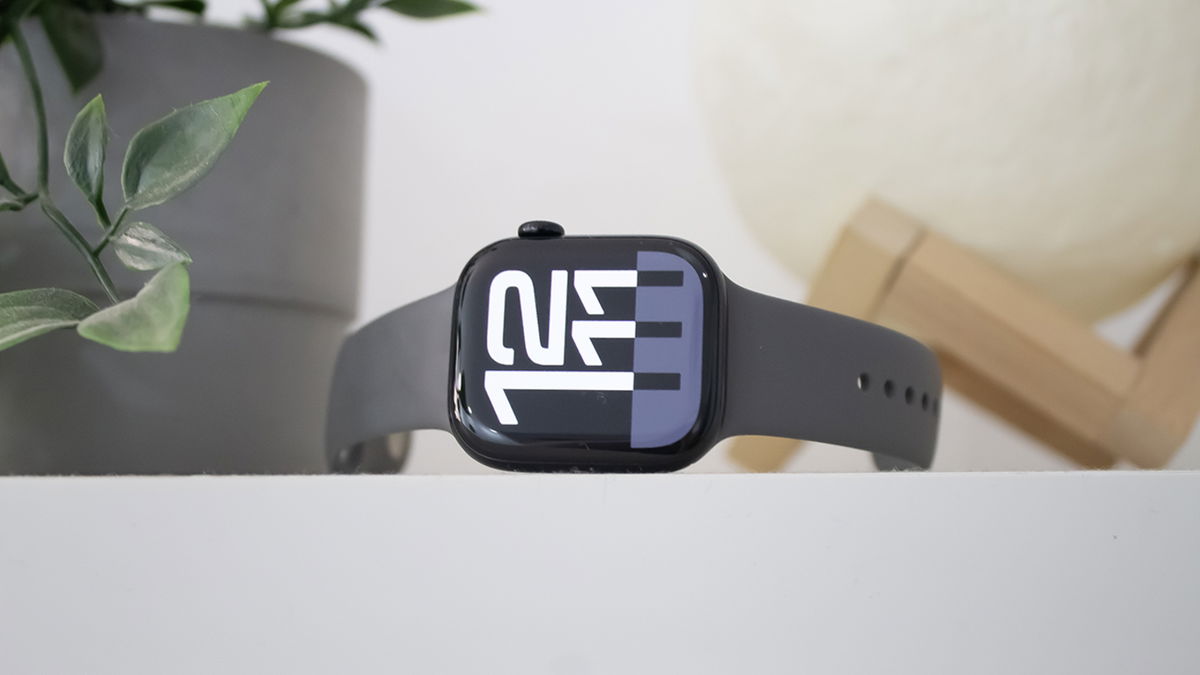The decision was finally made. After years of delays, the European Union will force the use of USB-C in smartphones and other electronic devices for the charging port; a decision that will have no consequences for the vast majority of manufacturers, who have already made the leap to this connection.
[Nuevo USB4 2.0, tu móvil tendrá el doble de velocidad de transferencia con el mismo cable]
In fact, the main target of this new regulation is not just any Android manufacturer, but Apple. The tech giant continues to use the Lightning port on its iPhone, more out of stubbornness than for any other reason; after all, you already use USB-C on other devices like the iPad Air, iPad Pro, and MacBook.
USB-C on AirPods
It is not yet known when Apple will implement USB-C in the iPhone. It is possible that he never does, and that he decides to launch a mobile without ports that only recharges wirelessly; this would allow it to circumvent European regulations, which expressly exclude wireless charging standards. But it is unlikely to make such a leap, and everything indicates that it will gradually migrate to USB-C, starting with the aforementioned devices and a few accessories.
As disclosed by Mark Gurman of BloombergApple will first adapt USB-C to iPhone and MacBook Accessories, ahead of a future iPhone launch with USB-C. So within two years, all Apple products should be using the new European standard, which will not only make things much easier, but also make life easier for those of us who use multiple systems.
Most wireless headphones come with USB-C
The free Android
Specific, next-gen AirPods will ship with USB-C already incorporated, instead of Lightning port; Additionally, the new AirPods Pro introduced alongside the iPhone 14 will also be updated to use the new connection. Many Android users should be happy about this, as the AirPods aren’t exclusive to the iPhone; It is possible to use AirPods on Android with its Bluetooth connection, although with some limitations such as access to special functions, which are only possible on an iPhone.
But if you are one of those who prefer airpods soundbut you prefer the Android experience, you will now have one less cable to carry, because the same USB-C of the mobile can be used to charge the AirPods.
Add to that MacBook accessories, which Gurman says will also feature USB-C, starting with Apple’s keyboard, mouse and trackpad throughout the coming year.
As for iPhones, it is possible that the next iPhone 15 will be the first in history to use USB-C, but this has not been confirmed. Technically, Apple has until 2025, the launch of the iPhone 17, to comply with European regulations; but Gurman thinks it will get there sooner than necessary for most of its products.









